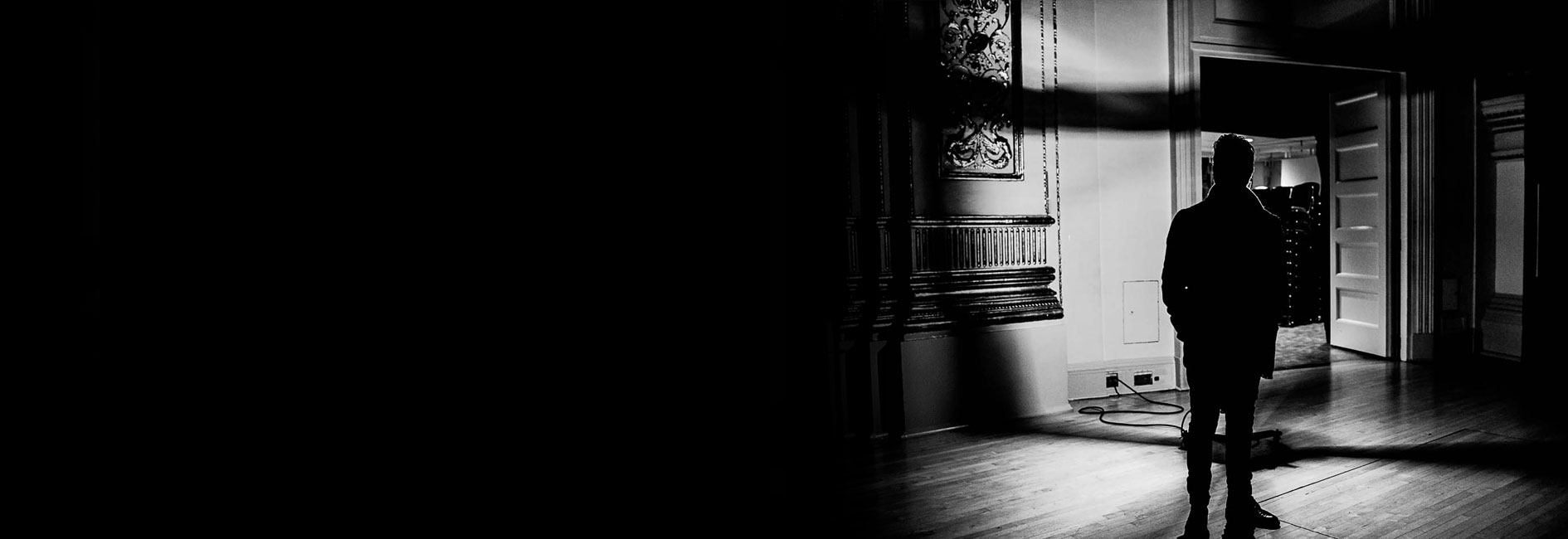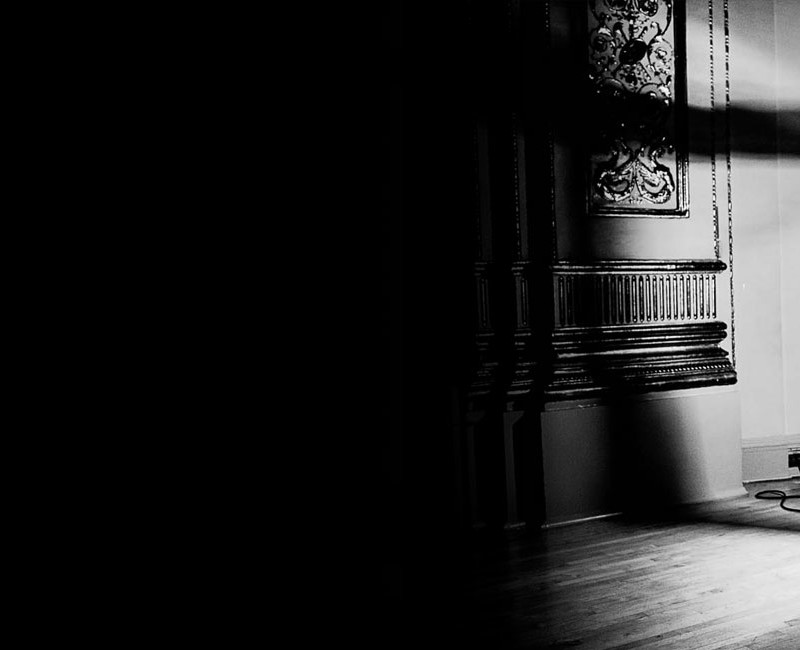The Opening Concert / Edinburgh International Festival
08 ago 2017
«…led by young Spanish conductor Pablo Heras Casado, who on this occasion fully lived up to his glowing reputation.»
«The Haydn symphony was No 94, known as the Surprise because Haydn blows a loud raspberry in the generally tiptoeing slow movement. Heras Casado made sure we really did jump when the sudden loud crash came, but the real surprise came in the 1st movement. Here Heras Casado highlighted the way the symphony’s prevailing cheerfulness was momentarily pushed aside by anxiety and turbulence, as if Haydn were remembering the dark “storm and stress” symphonies of his youth. The most delicately shaped moment came in the charming Trio of the minuet, when Heras Casado made the numerous little hesitations so natural that one barely noticed his guiding hand on the tiller.
Heras Casado’s unobtrusive way of sustaining the momentum was a boon in Mendelssohn’s Lobgesang (Song of Praise), which can all too easily descend into stodgy sentimentality.»
«For with the Scottish Chamber Orchestra and conductor Pablo Heras-Casado, you could easily hear the range of colours in Haydn’s symphony. After the first movement’s stately but delicate slow introduction, the strings merrily bounced along in the main vivace section, before Heras-Casado expertly captured the stormy menace at the movement’s centre.
The third movement had a joyful bombasticity, while the finale had a spritely excitement from the outset. Heras-Casado did well to bring the volume down at the start of the second movement, in preparation for the sudden entrance of the timpani – the famous “surprise” that the work gets its nickname from.»
«For with the Scottish Chamber Orchestra and conductor Pablo Heras-Casado, you could easily hear the range of colours in Haydn’s symphony. After the first movement’s stately but delicate slow introduction, the strings merrily bounced along in the main vivace section, before Heras-Casado expertly captured the stormy menace at the movement’s centre.
The third movement had a joyful bombasticity, while the finale had a spritely excitement from the outset. Heras-Casado did well to bring the volume down at the start of the second movement, in preparation for the sudden entrance of the timpani – the famous “surprise” that the work gets its nickname from.»
«Flexing their world class musical creds, the SCO and conductor Pablo Heras Casado applied a feather-light touch to Haydn’s razor-sharp wit in this stylish performance. The strings whispered so quietly in the andante that the “surprise” chords were loud enough to wake any slumberers while the ensemble’s nuanced dynamics shaped the menuetto’s dance-like rhythms. All politeness was abandoned in the finale as the players gleefully tossed the syncopated beats back and forth at break-neck speed. Mendelssohn’s seldom-heard, overly long Lobgesang – neither a symphony or cantata – was an odd programming choice. Following a 20 minute orchestral sinfonia reeking of sentimentality, the piece became more interesting when the soloists and the Edinburgh Festival Chorus – in fine vocal form – joined the party. Werner Güra’s tenor aria and recitative in part six was exquisite, its operatic qualities offering a glimpse of what Mendelssohn could have gone on to write, while sopranos Dorothea Röschmann and Emma Bell sang a touching duet.»

